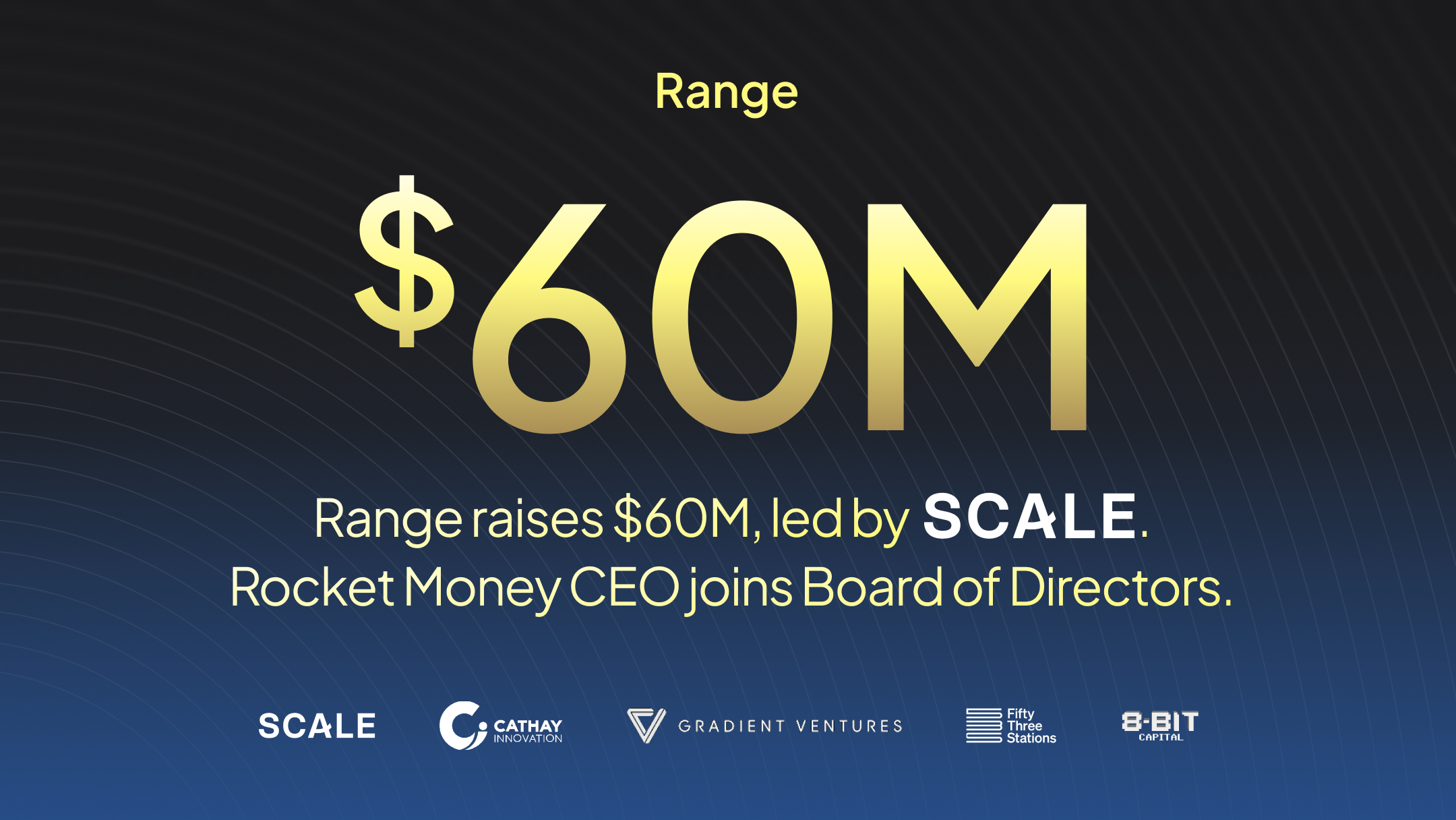Now that we’re getting closer to the deadline for filing your taxes, you’ve probably been seeing some questions or comments about funding your HSA prior to the same deadline. And if you’re not already using one, you’re probably left wondering, “is an HSA for me?”
What is an HSA and do I qualify?
An HSA, or a Health Savings Account is a tax-advantaged account that allows you to set aside money to cover future medical costs not covered by insurance. If you’re enrolled in a High Deductible Health Plan (HDHP), you’re likely eligible. In 2023, this means your plan must have a minimum deductible of $1,500 for individuals, or $2,800 for families. Also, you can not be claimed as a dependent by someone else, or be enrolled in Medicare.
Is this the same as an FSA?
Nope. An HSA differs from another popular account, the FSA, Flex Spending Account. The FSA must be spent by the end of the year in which it’s contributed, meaning it doesn’t roll over year to year, or grow in value. And you can’t carry it with you when you leave an employer. There are some cases which would allow you to have both an HSA and a limited-purpose FSA (dental, vision)—but this differs employer to employer.
What are the rules around an HSA?
You can contribute to the account annually, with current limits of $3,650 for individuals and $7,300 for families. These contributions are tax-deductible (or in an employee’s case, an employer likely contributes pre-tax through payroll). If your employer is contributing to your HSA, the limits remain unchanged. The money in an HSA grows tax-free and can be withdrawn tax-free for qualified medical expenses (dental, vision, etc.).
Would you consider an HSA a way to save for retirement?
While not one of the standard vehicles for retirement savings, there are some potential benefits to funding your HSA. At 65, you can use your HSA funds to pay for non-qualified expenses (groceries, golf, etc.) without incurring a penalty. Keep in mind, you would still pay your standard income tax on the gains at time of withdrawal. So if you don’t need that money for health-related expenses, it can essentially act as an additional tax-deferred retirement savings tool.
Not sure if you are qualified or should be contributing to an HSA? Connect with Range, we’ll help you sort it out.
Related Content:
2023 Year-End Tax Tips: A checklist for wrapping up the year in taxes.
Cheat Code: Double your pre-tax retirement contribution with a 457(b).
IRA, Roth IRA, & Backdoor Roth IRA: What you need to know.





.svg)
.svg)
.svg)

